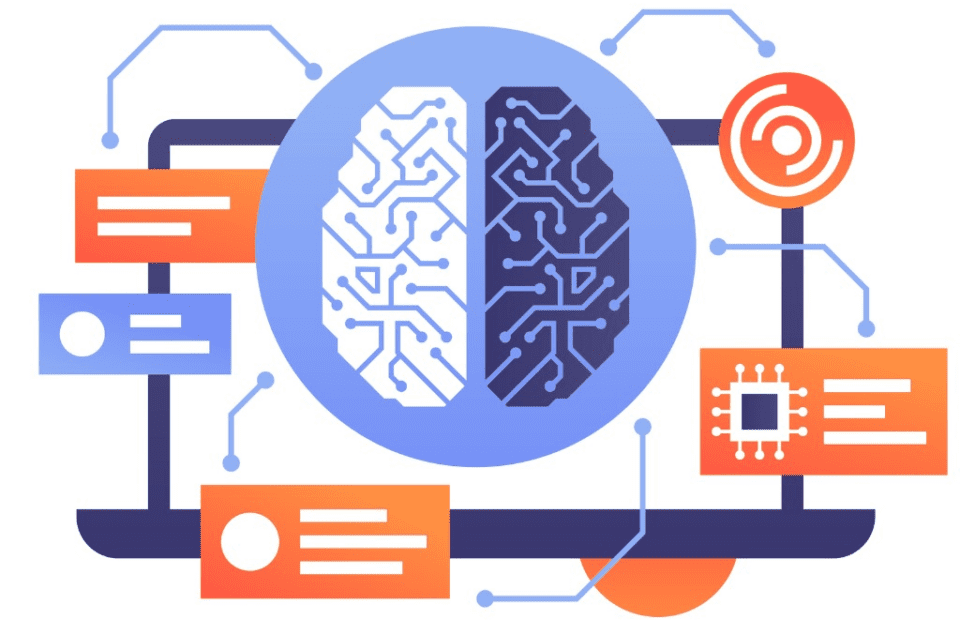In the ever-evolving landscape of online search, Google continues to push the boundaries of innovation to enhance user experiences.
One of the latest developments that has caught the attention of web marketers is the Google Search Generative Experience (SGE).
In this blog post, we’ll delve into what Google SGE is, how it impacts search results, and what web marketers need to know to stay ahead in the game.
Understanding Google Search Generative Experience (SGE)
Google SGE represents a significant shift in how search results are generated.
Unlike traditional algorithms that rely heavily on predefined rules, SGE incorporates generative models powered by artificial intelligence (AI).
These models are designed to understand context, interpret user queries, and generate more nuanced and contextually relevant search results.
Key Components of Google SGE
- Generative Models: Google SGE employs advanced generative models. These are a type of AI that can create new content based on the patterns and information it has learned. These models are capable of understanding the semantics of a search query. With that understanding, they can generate results that go beyond the literal interpretation of keywords.
- Contextual Understanding: SGE focuses on contextual understanding, aiming to comprehend the user’s intent behind a search query. By considering the broader context and user behavior, the generative models aim to provide more personalized and relevant search results.
- Dynamic Adaptation: Unlike static algorithms, Google SGE adapts dynamically to changes in user behavior, emerging trends, and the evolving nature of online content. This adaptability allows for more accurate and timely responses to user queries.
How Google SGE Impacts Search Results
- More Nuanced Responses: With the integration of generative models, Google SGE can provide more nuanced and contextually relevant responses to user queries. This means that search results may become more tailored to the specific needs and intent of individual users.
- Enhanced Personalization: SGE places a stronger emphasis on understanding user preferences and behaviors. As a result, search results may become increasingly personalized, reflecting the unique interests and search history of each user.
- Improved Natural Language Processing: Generative models in SGE are equipped with advanced natural language processing capabilities. This allows them to understand the intricacies of human language, including synonyms, context, and colloquial expressions. All of this in tandem will lead to more accurate search results.
What Web Marketers Need to Know About SGE
- Content Relevance is Key: As Google prioritizes contextual understanding, web marketers should focus on creating content that is not only rich in keywords but also contextually relevant. Be sure you can understand user intent and craft content that aligns with those intentions.
- User Experience Matters More Than Ever: With SGE’s emphasis on dynamic adaptation and personalization, user experience becomes a critical factor. Websites that offer a seamless and user-friendly experience are likely to see better performance in search results.
- Stay Informed About AI Developments: Given the reliance on generative models and artificial intelligence, web marketers and SEO will need to stay informed about the latest developments in AI. By understanding how these technologies evolve, marketers will be able to adapt their strategies for optimal visibility in search results.
- Adaptability is Key: The dynamic nature of Google SGE calls for adaptability. Web marketers should be prepared to adjust their SEO strategies, content creation methods, and overall online presence to align with the evolving landscape shaped by SGE.
Conclusion: Google Search Generative Experience is a Game Changer
Google Search Generative Experience represents a leap forward in the realm of online search.
By incorporating advanced generative models and emphasizing contextual understanding, SGE aims to provide users with more personalized and nuanced search results.
Web marketers need to be proactive in understanding these changes.
Focus on content relevance, prioritize user experience, and stay informed about the evolving landscape of artificial intelligence in search.
In embracing these aspects, web marketers will position themselves for success in the era of Google SGE.
Feature Image Attribution (CC 4.0): DeanLong.io
Tommy Landry
Latest posts by Tommy Landry (see all)
- Black Hat AEO Is Here: Google AI Overview Manipulation Is Happening - February 24, 2026
- Where AI Introduces Risk Into Revenue Planning - February 19, 2026
- AI Is Already Influencing Your Forecasting. Do You Know Where? - February 18, 2026





